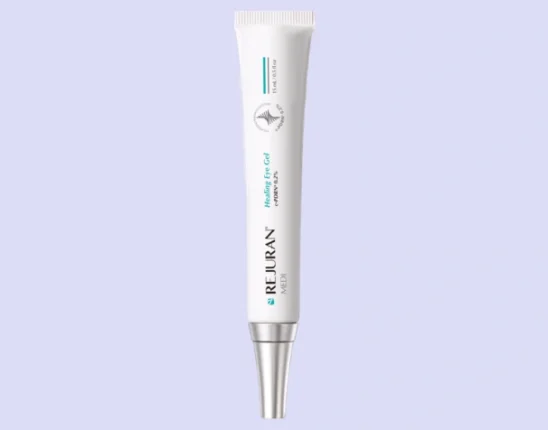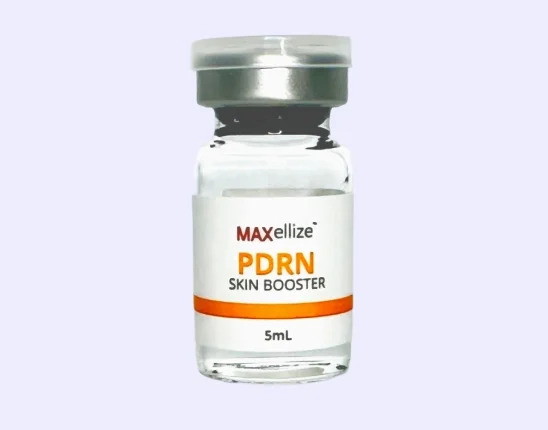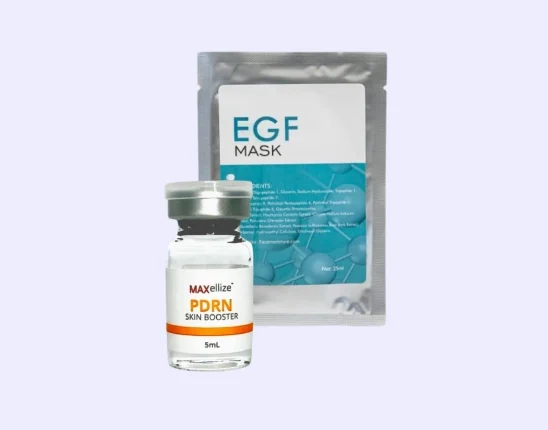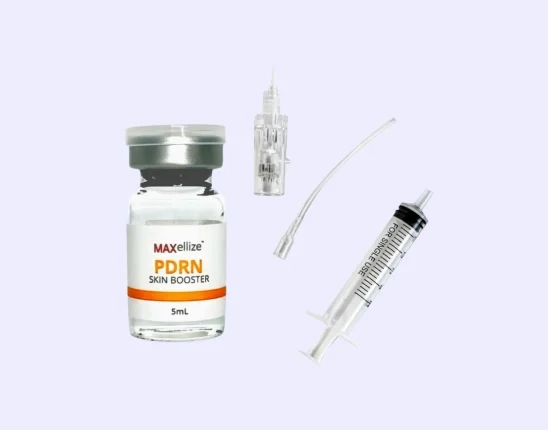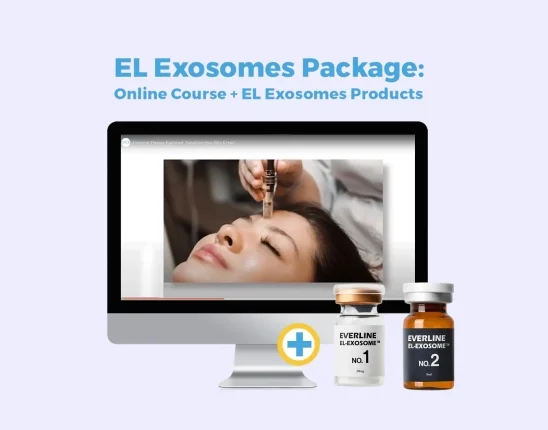Insulin-like growth factors (IGFs) are complex and interesting because they have tons of potential in helping the body function better. But there are also debates about how much IGF is useful for the body before it starts causing negative effects. To know whether you need more IGF or your body already produces more than enough, it’s important to understand everything about IGF first.
So what exactly is an Insulin-like Growth Factor (IGF)? This group of hormones naturally made by the body used to be called “somatomedin.” They’re produced by the liver for stimulating the growth and development of different bones and tissues in the body. They also possess “insulin-like properties” for reducing blood sugar levels and other functions, but they’re not nearly as powerful as insulin.
Understanding IGF: What Is It For?
Insulin-like Growth Factors are several peptide hormones formerly known as somatomedin. They’re responsible for managing the effects of growth hormone in a person’s growth and development. They share this role with other growth hormones like epidermal growth factor (EGF), but IGF also helps reduce the sugar levels in the blood as insulin does.
Having enough IGF in the body helps fight signs of aging and boosts the body’s performance. However, too much IGF in the body might decrease a person’s life span or put them at risk of developing certain types of cancer.
IGF vs. Insulin
Although IGF displays some properties of insulin, such as reducing the levels of blood sugar in the body, they have some important differences that make one better than the other in some situations. They’re structurally related, but they have different capabilities when it comes to binding with different receptors.
Another important difference is that insulin works much better in controlling blood glucose levels. More research has to be completed first before IGF could even be considered as an alternative to insulin for treating diabetes.
IGF-1 vs. IGF-2
IGF-1 and IGF-2 are two IGFs under the IGF protein family, along with other cell membrane receptors, IGF binding proteins, and signaling proteins. Although they have similar names, they’re easy to differentiate from each other because of the specific actions they cause on the tissues. They also activate different kinds of receptors.
When the IGF-1 binds with the IGF-1 receptor, it stimulates hyperplasia (cell number increase) and hypertrophy (cell size increase). This affects the tissues, muscles, and bones of both children and adults. On the other hand, IGF-2 is more active during fetal development as it helps proliferation (cell growth) and tissue formation. IGF-2 becomes less active after birth.
IGF Testing and What It’s For
The levels of IGF in the blood are easily determined by taking blood samples and processing it in the laboratory. IGF-1 testing is usually performed on children who aren’t developing as normal based on their age. But for adults, IGF-1 tests are done to find tumors or diagnose pituitary gland disorders.
Different age groups have different ranges of IGF levels that are considered normal. If the patient’s IGF levels are outside the normal range, it doesn’t necessarily mean that they should be worried. A doctor can explain why this happens after looking at other factors that might affect the levels of IGF in the patient’s body.
Conditions Related to IGF Deficiency of Overabundance
From the Insulin-like Growth Factor-1 test, doctors can start performing other tests that help determine if the patient is suffering from one of the following growth hormone disorders:
- Growth Hormone Deficiency – Growth hormone secretion is essential for the growth and development of children and adults. Without enough growth hormones in the blood, a child might be shorter than other children of the same age. On the other hand, adults with growth hormone or IGF-1 deficiencies might experience reduced muscle mass and bone density.
- Laron Syndrome – Also known as growth hormone insensitivity, this rare genetic condition prevents the body from using the growth hormones produced because of the mutation in the growth hormone receptor gene. This results in slowed growth rate and short height in children.
- Gigantism – Another rare disorder that develops in children in which their bodies have too much secretion of growth hormone. These children are often extremely tall for their age with large hands and feet.
- Acromegaly in Adults – This condition is quite similar to gigantism except it’s observed in adults who produce too many growth hormones in their bodies. Their bones are often thicker than normal. Adults with acromegaly also have feet, hands, and facial features that are larger than usual.
6 Benefits of IGF for the Body
Because of its role in stimulating cell growth and development, increasing IGF serum levels in the body may provide several benefits like:
1. Helps in Muscle Building
IGF-1 is important in stimulating skeletal muscle hypertrophy (increasing cell size). It also functions as a switch to glycolytic metabolism that allows patients to build more strength. IGF-1 also helps activate other channels needed for other kinds of growth factors. It decreases muscle atrophy or muscle wasting by preserving the amount of lean muscles in the body.
2. Prevents Cognitive Decline
Cognitive decline and other brain disorders are common with age as the patient loses more neurons. Having high concentrations of IGF-1 helps elder patients prevent neuronal loss, allowing them to have better cognitive functions even as they age. This hormone also helps boost different executive functions and verbal memory that are used for completing daily tasks.
IGF-1 also reduces the risk of developing Parkinson’s disease. It also protects a person against Alzheimer’s disease by reducing the amount of brain amyloid-betas.
3. Fights Symptoms of Diabetes
Insulin and IGF-1 help stabilize the blood sugar levels in the body. When patients with type-2 diabetes were treated with IGF-1, doctors found that their blood sugar levels decreased and their insulin sensitivity improved.
4. Prevents Hair Loss
IGF-1 signals influence the hair follicle growth cycle as a potent mitogenic and morphogenetic regulator, meaning it affects the survival and growth of cells in the follicles. This hormone also helps in remodeling the follicular tissue. The non-balding parts of the scalp were observed to have normal levels of IGF-1 while the balding areas display less IGF-1 levels in their dermal papillae.
5. Preserves Bone Health
Since IGF-1 plays a huge role in bone growth and bone formation, having normal levels of this hormone in the body helps build bones for better overall bone health. Researchers theorize that IGF-1 boosts the formation and growth of bones by directly affecting osteoblasts. It prevents bone loss in older patients by increasing skeletal muscle protein synthesis.
6. Facilitates Growth and Body Development
Fetuses with high concentrations of IGF-1 in their bodies are often larger in fetal size. This hormone is also important for the neurological development of children. The levels of IGF-1 in the blood progressively increase in children as they grow up, peaking around the time they reach puberty. Once the rapid growth of the child is complete, the levels of IGF-1 in their body starts to decrease.
Should You Take IGF Supplements?
If a doctor thinks that the patient needs additional IGF in their blood, one of the most common ways to increase their levels is to take supplements. But like other medications, these supplements come with certain risks so it’s important to only take them as the doctor directed.
Many dietary and health supplements in the market contain different kinds of growth hormones like IGF. These products are often advertised for anti-aging, energy building, muscle growth, and immune system improvement. Before taking IGF supplements, make sure to consider both the benefits and the possible side effects of these medications.
Benefits of Taking IGF Supplements
- Increases strength and build muscle mass
- Enhances physical performance
- Regulates adipose tissue or body fat
- Builds bones to prevent bone loss
- Regulates blood sugar levels and decreases the risk of diabetes
- Facilitates growth and development of children
- Supports blood filtration and improves kidney function
- Promotes healthy aging in older patients
Possible Side Effects of IGF Supplements
- Increased risk of developing joint problems or liver issues
- May lead to excessive body tissue growth
- Increased risk of cardiovascular disease and cancer development
- May decrease life span
Other Ways to Balance Your IGF Levels
Maintaining the patient’s optimal health involves having moderate levels of IGF-1, not too much nor too little. The recommended levels of IGF in the body depend on the patient’s gender and age – males often need higher concentration than females and adolescents should have more IGF that slowly tapers off as they enter adulthood.
Activities that Help Increase IGF-1 Levels
- Strenuous exercises and High-Intensity Interval Training (HIIT) routines
- Strength and resistance training
- Consuming food that’s high in protein
- Increasing dairy intake
- Getting enough sleep
- Going for sauna sessions
Activities that Help Decrease IGF-1 Levels
- Fasting, protein restriction, calorie restriction, and extreme diets
- Increased levels of insulin in the blood
- Sleep deprivation
- Sedentary lifestyle or lack of exercise
- Increased estrogen levels caused by phytoestrogen food (soy and flax) and plant lignans
- Frequent alcohol consumption
- Increased stress levels
Shop for the Best Beauty and Body Supplements at FACE Med Store
Although IGF offers benefits for the body, patients should only start taking supplements after a consultation with a healthcare professional. Too much IGF levels are associated with certain complications, but having the doctor’s guidance can help reduce these risks while ensuring that patients achieve optimal health.
FACE Med Store is a trusted partner of hundreds of clinics, medical spas, and other healthcare providers in the country. We always make sure to provide our clients with only the best supplements, products, and other medical tools to help them offer the best treatments and services for their patients.
Contact us today to know more about our products and find the best deals for you and your clinic.

